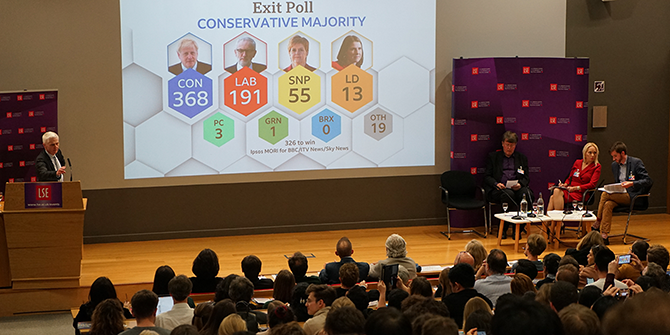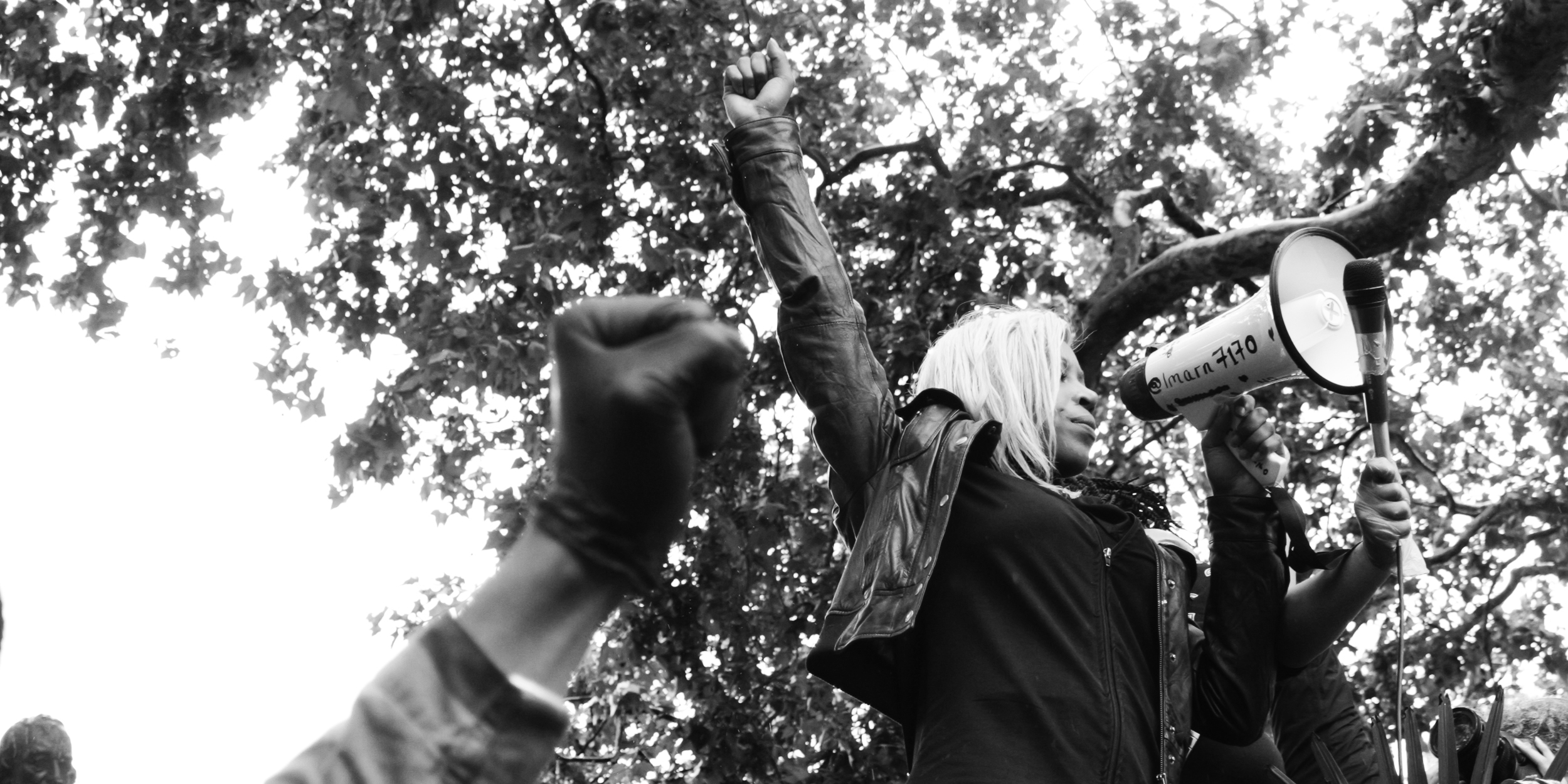Felix Westeren examines how host nations use major international events such as Eurovision to change perceptions and boost their image.
One year ago, the UK welcomed artists and fans from across Europe and Australia to Liverpool for the Eurovision Song Contest. On the stage, a Swedish effort featuring some very long nails and complex staging narrowly defeated a Finnish rap and dance tune about getting very drunk, but off the stage the organisers had more sober objectives. City officials, along with the British government, were determined to make the most of the opportunity of hosting. Afterwards the Minister responsible for Eurovision, Stuart Andrew, thought the event not only helped Liverpool and the UK show its ability to host large-scale events, but also, more ambitiously, helped the UK improve its standing on the world stage.
This is a hope shared by the hosts of major international events everywhere, whether they be the FIFA World Cup, the Olympics, or Eurovision. These events allow their hosts to build soft power – generating influence that states can then use in pursuit of their wider policy interests. These events can allow hosts to show themselves in a favourable and attractive light, rendering audiences abroad more favourably inclined towards the hosts’ wider interests and aims. Eurovision has in the past offered opportunities to build soft power for countries that do not normally stage large-scale events – it is usually hosted by the previous year’s winner, regardless of the size, economic power or geopolitical influence of that country. Moreover, Eurovision is inextricably tied to European identity, and as such it offers hosts a chance to transform how they are seen on the rest of the continent and beyond.
Estonia hosted Eurovision in Tallinn in 2002, two years before the country joined the EU. To capitalise on Eurovision during EU accession negotiations and ahead of an EU membership referendum in 2003 Estonia launched a nation-branding campaign. Estonia was the first post-communist country to host, and the aim of the government was to use Eurovision to counteract Western impressions of Estonia as a poor post-Soviet state, instead portraying it as a modern, Nordic state on the verge of full integration into pan-European institutions and culture. The successful completion of the 2002 contest ultimately supported a narrative that was consciously constructed and that fitted in with Estonia’s broader goals.
The accumulation of soft power through cultural events is not always so benign. In a sporting context, worries about “sportswashing”, where a host uses an event to generate an overwhelmingly positive image that can cover up human rights abuses and violations of international law, are increasingly ubiquitous. These have cropped up, for example, in the context of Russia’s and Qatar’s hosting of the World Cup, and Saudi Arabia’s increasing influence over a number of sporting events. Such events allow countries both to showcase existing soft power and build more of it. In the pursuit of this aim, host countries make use of, and associate themselves with, attractive and widely shared sporting norms.
Eurovision has not been immune from such “Eurovision-washing”, where hosts seek to associate themselves with the positive ideas associated with the competition while covering up less attractive aspects of their public sphere of politics. Israel controversially hosted the competition in 2019 amidst widespread calls for a boycott over the treatment of Palestinians. The Israeli government countered these demands with a public relations campaign that intended to show the country “as it really is, a diverse, beautiful and sensational place”. Hosts will always have a significant amount of control over the public perception of the event – they can conduct campaigns like this, and Eurovision broadcasts themselves are carefully stage-managed and designed to show the host country in a flattering light (the director quickly cut away from the Icelandic entrants when they attempted to display Palestinian flags).
These tools can be used more or less successfully as hosts attempt to build soft power. Azerbaijan’s hosting in 2012 was a massive and highly controversial national undertaking. Unusually, a wholly new arena was built, and a residential neighbourhood was demolished to make way for it. Partly because of evident corruption and the well-publicised repression of local pro-democracy activists, Eurovision audiences largely found Azerbaijani public relations efforts contrived and unconvincing.
Nevertheless, later survey research in Austria found that awareness of Azerbaijan and its culture experienced at least a temporary uplift in the European core. Even such salutary and contested soft power benefits of hosting will come as a grave disappointment to victims of domestic repression and to Armenia, which did not take part in 2012 or in 2021, in the aftermath of the Second Nagorno-Karabakh War.
The European Broadcasting Union (EBU), which organises Eurovision, should take some responsibility for these outcomes, as should Eurovision fans. Eurovision as an institution has the power to change the way a host country is perceived for the better – it lends the host a veneer of internationalism, inclusivity, and competence. The EBU, which implausibly insists that Eurovision is a “non-political event”, also polices the contest on behalf of the host as well as in the interests of the Eurovision brand; the Icelandic entry were fined for their protest, and Armenia has repeatedly been told to change the lyrics of the songs they enter as to not offend Azerbaijan. In the starkest decision so far, Russia was excluded entirely after the 2022 invasion of Ukraine. There is no reason why the EBU has to support the soft power building of hosts, nor is there any reason why fans of the competition should remain indifferent to the uses to which their support is put or enjoy the competition with an uncritical attitude. With the power to change popular impressions of whole countries comes a responsibility not to allow the abuse of the institution that is Eurovision.





